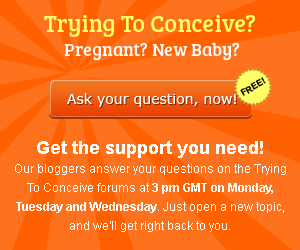There are many symptoms that can indicate pregnancy before a woman has missed her period, and just after. Early pregnancy signs typically include nausea, also known as morning sickness, extreme fatigue, and a heightened sense of taste and smell. Cramping and lower abdominal pain are also frequent early pregnancy symptoms. How do you differentiate early pregnancy cramping and abdominal pain from your usual period cramps? And when is it time to worry about cramping and lower abdominal pain?
For those women who are looking for a fool-proof way to distinguish early pregnancy cramping from period cramping, I am sorry to say that there is none. Period cramps and early pregnancy cramps feel the same. The only difference between the two is that period cramps tend to stop when you actually get your period, or if they dont, they are at least accompanied by bleeding. Early pregnancy cramps dont stop for a few weeks, and you will not have a period. Patience will bring you the answer to your question whether your cramping is caused by pregnancy, or the start of your period.
Once you missed your menstruation and tested for pregnancy, you might be speculating about the cramping and lower abdominal pains you are still experiencing. Are they normal? Could they be indicating a miscarriage? Is everything OK with your pregnancy? In the majority of cases, these cramps just mean that your body is changing, the uterus is expanding, and these changes cause some cramping and pain. But cramps and pain can, sometimes, indicate serious medical problems. When should you be worried?
1) Heavy bleeding (not just light spotting) is one of the main symptoms that should worry you. Bleeding can indicate not only a miscarriage, but also an ectopic pregnancy. If you are bleeding in early pregnancy, you should see your doctor as soon as possible.
2) If the level of pain you are experiencing is more than the cramps you normally have before a menstrual period. Is the pain enough to prevent you from carrying out your daily activities? Please see your doctor, particularly if the pain is constantly there, without pause.
3) A sharp and stabbing pain, normally on one side (where your fallopian tubes are) can point to an ectopic pregnancy. If you have this type of pain, get help immediately.
4) If you have a fever, feel dizzy, or have any other symptoms that lead you to believe that something is not right.

